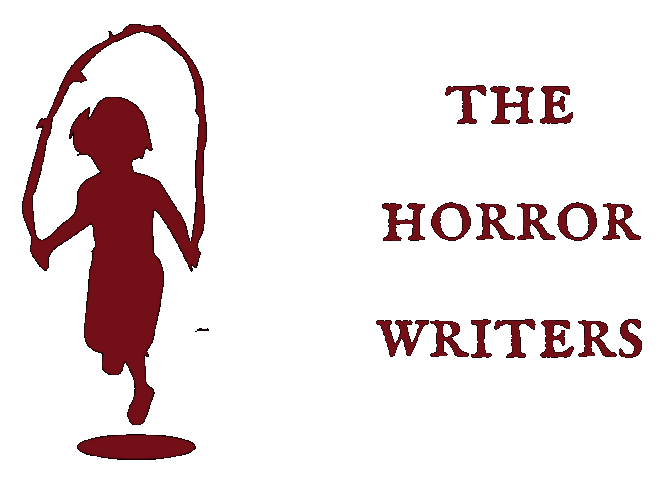Papercuts: The Eyrie
By Ryan “HB” Mount
The Eyrie is an independent horror comic from creator/writer Thom Burgess and art by Barney Bodoano. The tale is one of a troubled photographer, enters into a creepy British town and creepiness ensues.
The overall story telling was well done and while not on a level of modern Scott Snyder horror tale like Severed, but compared to current horror anthology comics, it stands up and is on par. Most of the heavy lifting is done with Bodoano’s art, but Burgess does a good job of crafting a complete short story. Burgess does a good job collaborating with Bodoano and letting the art tell his tale without a lot of over narration. While not flawless, the dialogue comes across authentic.
Artist Barney Bodoano style seems to be clearly influenced by horror comic legend Richard Corben. It also is very reminiscent of the young adult horror books, Scary Stories. There is a lot to like about the art, but it is also very unpolished. There is a ton of incredible pencil work happening in each panel with plenty of scratch line work. Our main character in the story is full of emotional beats brought on by the art. The monsters created for this tale are simply wonderful and would fit perfectly into any classic horror tales from EC Comics or even Marvel and DC’s 1970’s run of comics.
The art is also delivered in a very simple grid panel layout. While not always a bad thing when done extremely well, in this context it was unimaginative for a tale that could have benefited from more sprawling panels and spreads. There are also some very weird perspectives throughout the book in those panels. The final critique would be on the hands of “normal humans.” While the elongated hands of the monsters worked in this story, there was a struggle to have professional and proportional hands throughout most the book. It was a very Rob Liefeld feet type of problem with the art, however, being this is an independent book, I am more forgiving of an artist still working out his style onto the pages.
Overall, Bodoano does a good job of carrying the story, setting the scene, and delivering some creepy atmosphere and monsters. While the art is not perfect, compared to monthly books being put out by Xenescope and Action Labs/Danger Zone, I’d rather read books like The Eyrie which are a labor of love and real effort being put into them.
While much of the focus of comics is focused on the writing and art, there are a lot of other components that go into a comic. One of these key components is the lettering. It may go unnoticed in a lot of issues, so when it stands out, it typically is because of incredible skill to weave it into the art or because it is jarring and bogs down the story telling. While no official lettering credit is given to the issue, art is credited to Barney Bodoano, we will assume that he had full control of this portion. Overall, the lettering was a very mixed bag through the issue. There were many times in this issue where it really felt that the lettering was a complete afterthought. It felt like copy and pasted into panels or simply shoved into them. While the placement was questionable, the execution of the lettering was proficient.
Overall, any fans of black and white horror comics should give The Eyrie a read. It has creepy and haunting art and a well plotted and told horror tale.
Ratings: 3 out of 5
If you like what you read, make sure to like it and share it on all your social media platforms. If you want to suggest a book to review, make sure to tweet at me @hebruise . Make sure to follow me and check out all my comics work at horror-writers.com (@horror_writers) and over at twoheadednerd.com (@twoheadednerd)












